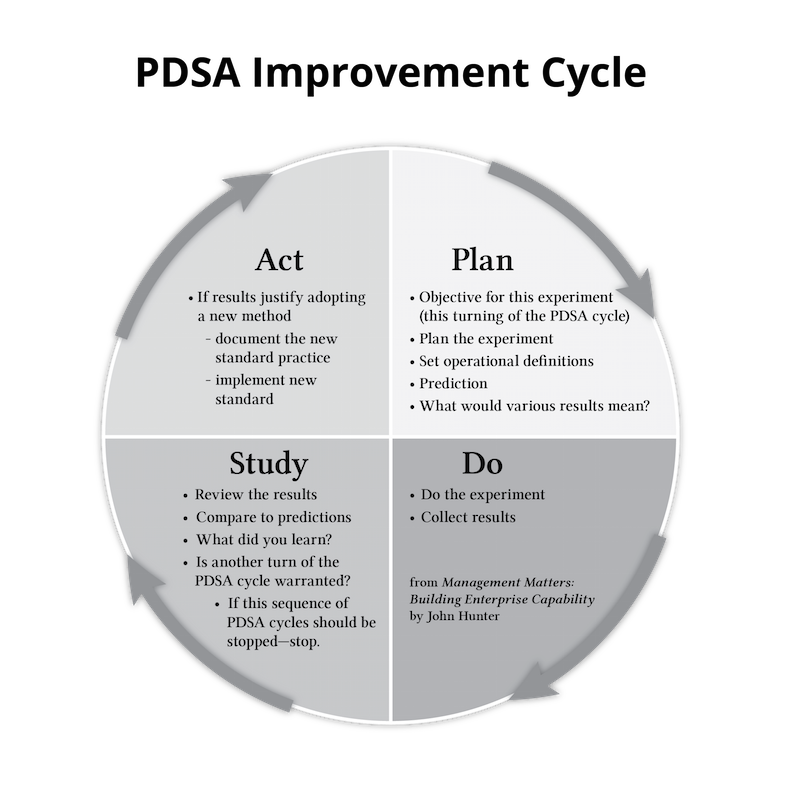I like growing things. I think it is part the connection to system thinking I have had since I was a kid. I like finding ways to leverage my effort so that I put in a bit of thought and effort and then get to enjoy the fruits of that effort for a long time. This idea also guides my investing approach.
I planted a vegetable garden in my yard a few years ago. My strategy was to find methods that gained me what I wanted (yummy food) without much effort required from me. I don’t want to deal with persnickety plants. Basically I composted leaves, grass and yard waste. I put that into the garden spot and put in some seeds and small plants to see what would happen. I watered things a bit early on and if we had very little rain for a long time. But in general my attitude was, if I could get success with some plants with this level of effort that was good. Only if nothing would grow would I bother with more involvement from me.

Wineberries in my backyard.
Luckily it turned out great. Lots of great tomatoes and peppers and peas and beans and cucumbers and more, and very little effort from me.
I actually even had more success with wineberries. I didn’t even have to plant them (some bird probably seeded them for me and I just let them grow). It was wonderful for several years. Then I had a huge area with huge amounts of tasty berries: it was wonderful. Sadly then birds started to eat them before I go them and I got far fewer good berries than before. The berries were so good I went to effort to keep the birds from devastating my reward (to some success but with much effort). Oh well, I didn’t really mean to get onto that – those berries were just so great.
Now I am living in Malaysia and growing plants on my balcony. It is wonderful in many ways but one of the issues is I have to continually water the plants. Even though we get a great deal of rain, not nearly enough reaches the plants (and also the dirt doesn’t retain the water well – especially given the small volume of the containers). So if I want the fresh vegetables I have to continually water the plants. This goes against my desire to plant seeds and let me sit back and enjoy the bounty of my limited efforts (ok it is still pretty limited).




How Could They Know?
I am a big fan of Dr. Deming’s ideas on management. The way I see one of the quotes of Dr. Deming used I don’t agree with. Dr. Deming said “How could they know?” to explain why people continued to follow less successful practices (for example, page 55 of Out of the Crisis). How could they know of better practices, he would say.
I must say I have always thought the answer to that question was pretty easy. They could learn about the job they were paid to do. It is a shame that many organizations do a very poor job of preparing or coaching those they promote into management for their new position. However, I don’t see that as an excuse to fail to learn yourself.
There are plenty of books with great information. How could they know? They could read.
Yes, there are also plenty of management books filled with nonsense. That does make it a bit more difficult. But I still don’t have much sympathy for hearing, “how could they know” as a reason for continuing performance appraisals or failing to understand variation or falling to know that “motivating” through monetary rewards backfires or… If you wish to manage human systems I don’t think it is too much to expect you to know about how to do so, and have the knowledge to distinguish nonsense from well reasoned thoughts.
If you want to take on a management job you should take your responsibility seriously. Choosing not to take advantage of the wealth of great material in the past 70 years on how to manage more effectively is not a decent excuse. How could they know? They could take responsibility to learn. If they chose not to do so that is their choice. They chose not to know. I guess some can see that as an acceptable excuse. I don’t.
If they are trying to apply ideas and having trouble: I have sympathy for that. Applying ideas on management is not easy. Human systems are complex and there are no simple guides that tell what is needed in your specific situation and organization. but ignorance of basic management principles, with no evidence of concerted efforts to learn I don’t have sympathy for.
I seem to expect more from managers than most people I talk with. Most seem to find it a perfectly acceptable excuse that a manager never bothered to learn about management. I don’t really understand that. Dr. Deming did seem to hold senior executives accountable for failing their organizations, but he was more accepting of manager’s ignorance than I am.
Read and use The Leader’s Handbook and The Improvement Guide and you will be well ahead of most of the management practice I see.
Related: Curious Cat Essential Management Books – Bad Management Results in Layoffs – The Importance of Management Improvement